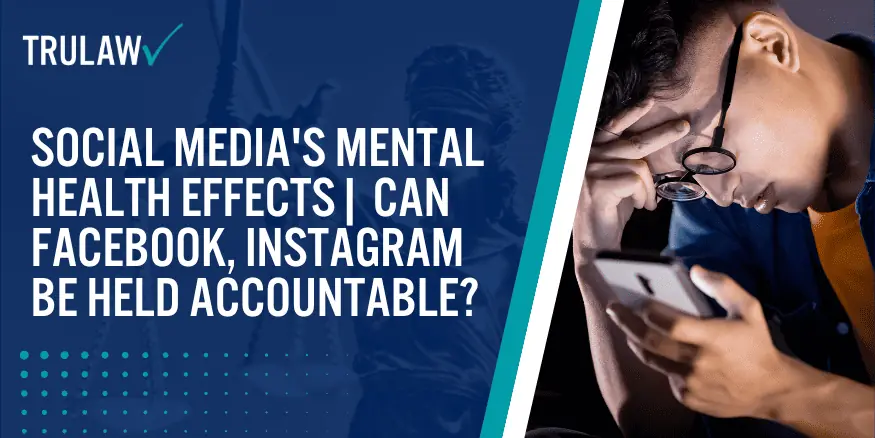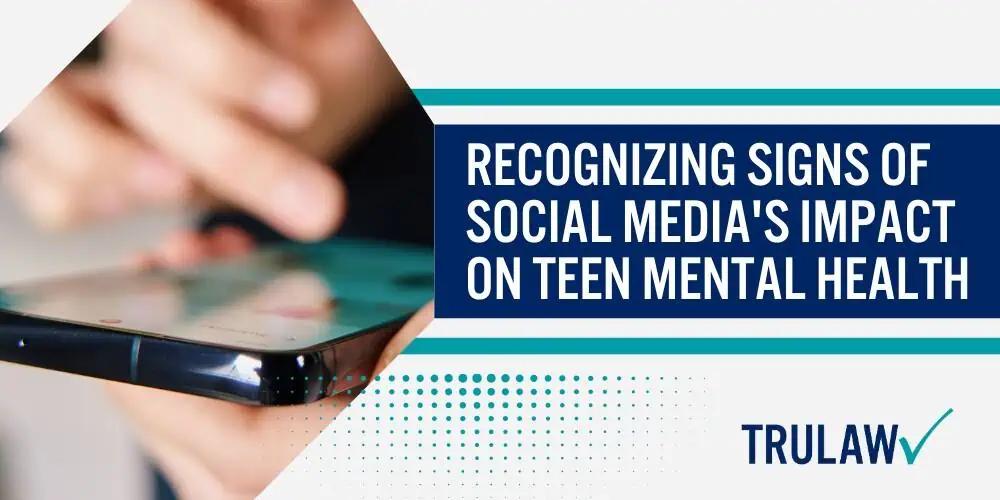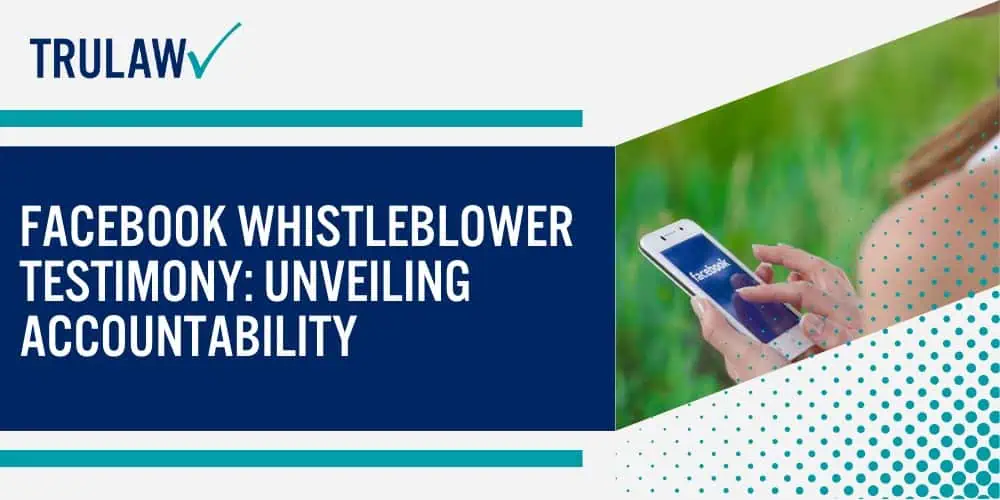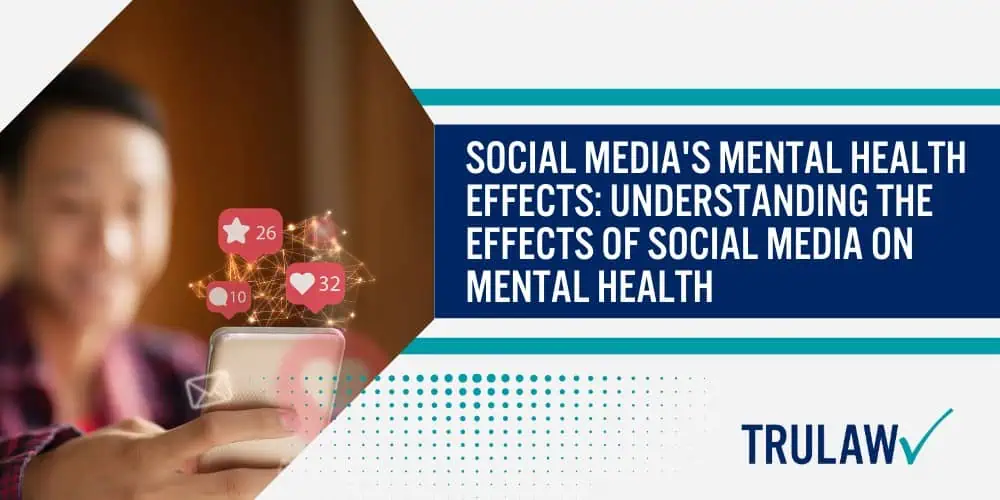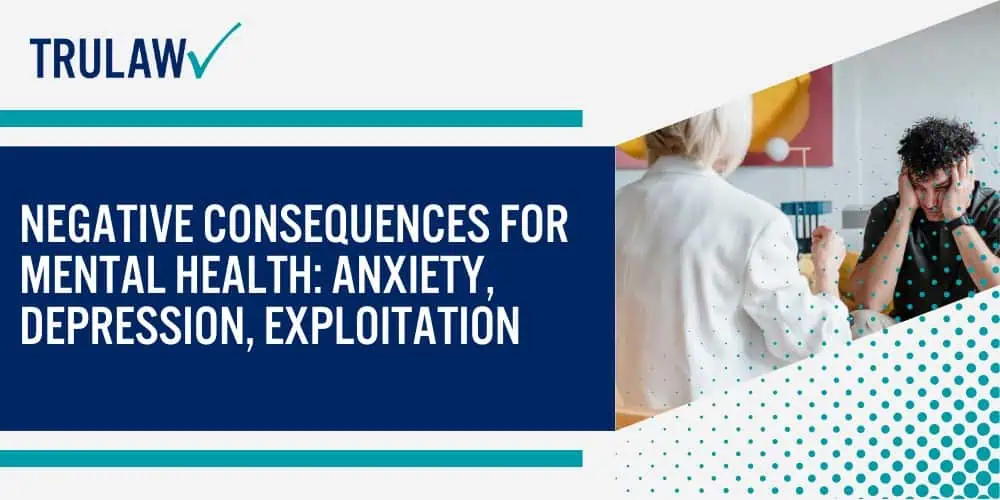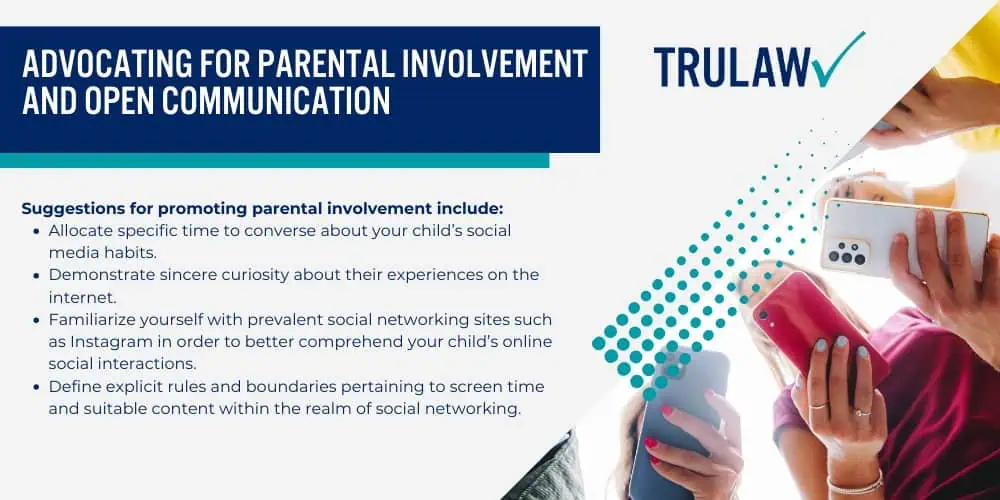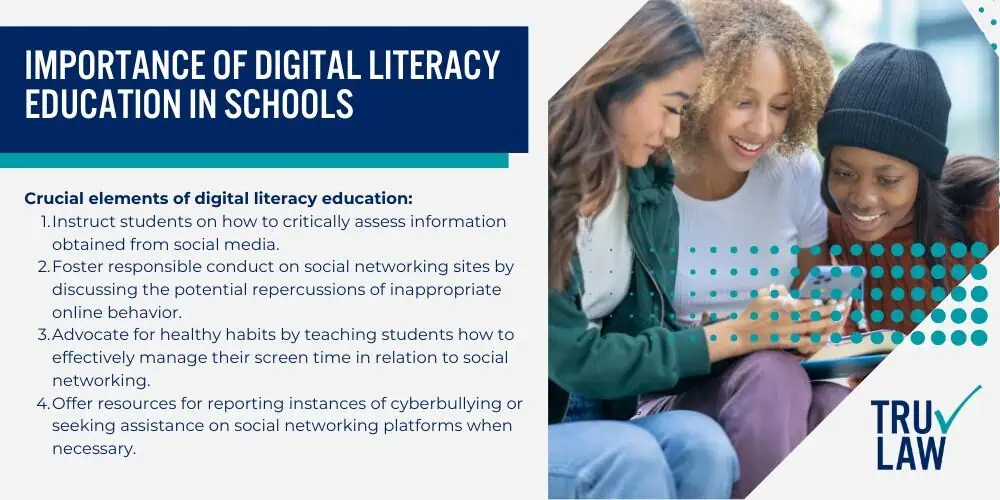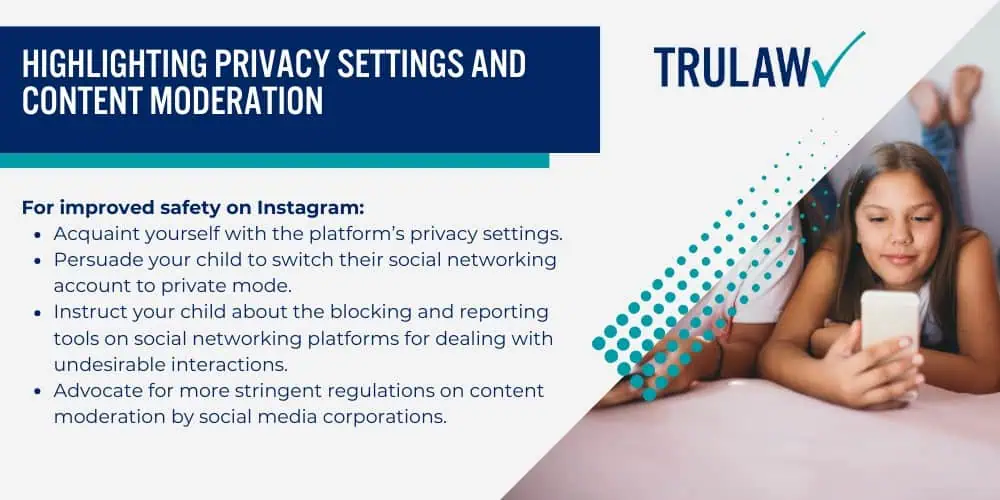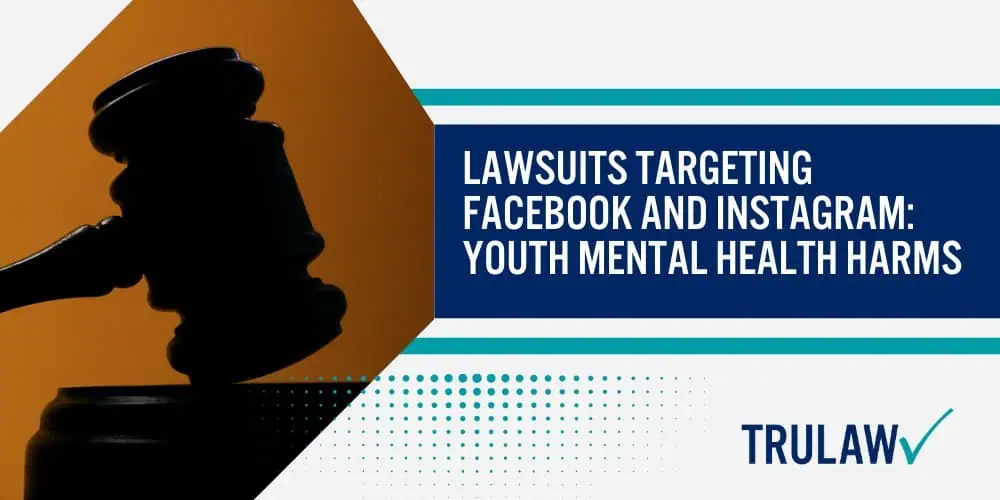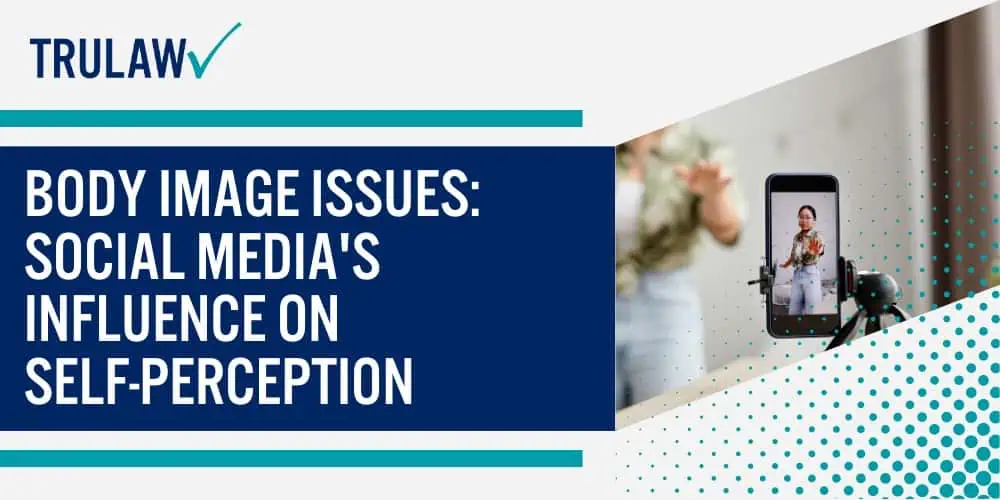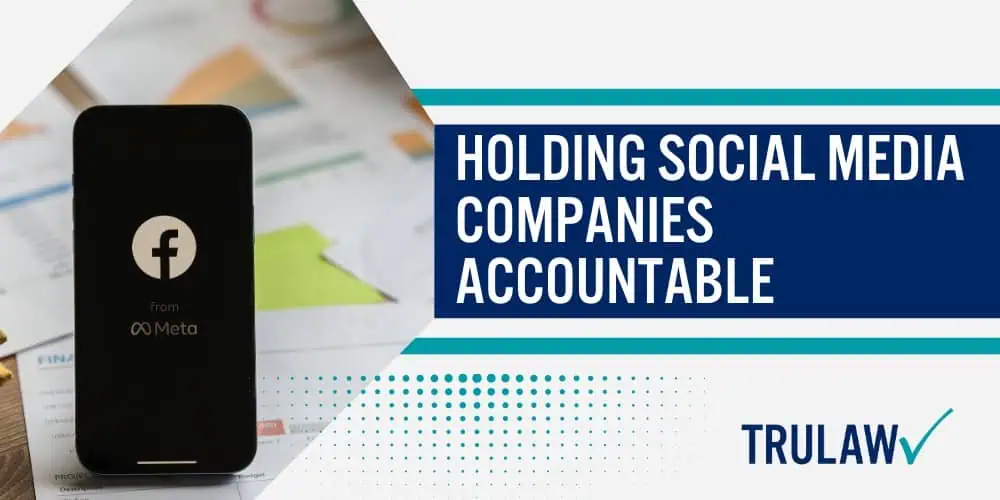Social media addiction, particularly through SNS like Facebook and Instagram, is an escalating health problem in the digital technology era, with significant implications for emotional wellbeing.
The overuse of these platforms can result in harmful consequences for individuals suffering from psychiatric conditions, impacting their health information processing.
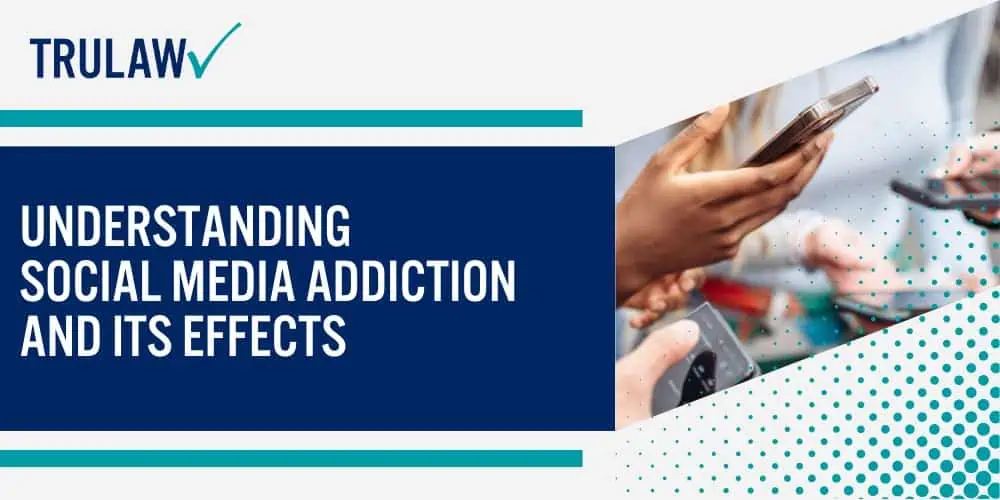
It is vital to investigate the psychological dimensions of social media addiction and comprehend its effects, particularly in terms of the internet-induced FOMO (fear of missing out).
This communication about health problems via social media requires careful scrutiny.
Social Media’s Mental Health Effects: Negative Impacts on Mental Well-being
The persistent engagement in sns activities such as scrolling, liking, and commenting, which are associated with life on social media, can lead to the development of internet addiction.
Studies have indicated that excessive time spent online can result in feelings of loneliness, depression, and anxiety, thereby negatively affecting emotional health on a large scale.
The content presented on SNS (social networking sites) is often curated, creating unrealistic life expectations.
This can lead individuals to unfavorably compare their life to others, which can trigger symptoms of depression.
This continuous comparison, supported by a study, can damage self-esteem and evoke negative emotions.
Furthermore, it’s important to evaluate the health information shared on these platforms critically.
For those individuals who have been adversely affected by the use of social media platforms, we encourage you to contact us today to learn more about Social Mental Health Lawsuits.
Excessive Screen Time and Addictive Behaviors
A significant cause of internet addiction, particularly among adolescents, is the extensive time spent on screen engaging with social networking sites (SNS).
The ubiquitous presence of smartphones in our daily lives makes it effortless for adolescents to become entrapped in continuous cycles of browsing through updates.
These social media use platforms, also known as SNS, utilize addictive design elements such as the infinite scroll or auto-play videos, which inadvertently prolong the engagement of adolescents.
This particular occurrence in social media use is commonly known as FOMO, an acronym for the fear of missing out.
Psychological Effects of Social Media Addiction
The psychological implications of internet addiction, specifically the addiction to social media or SNS, are extensive.
Studies indicate that overuse of social media can interfere with sleep cycles, resulting in tiredness and reduced productivity during daytime hours.
Individuals who are excessively attached to SNS or social media may find it challenging to establish authentic relationships in the real world due to their fixation with online interactions.
This situation, often linked to social media use, leads to depressive symptoms, which are further intensified by the fear of missing out (FOMO) on sns.
Moreover, research has identified a link between high levels of internet addiction, particularly in teenagers engaged in social media use and sns, and negative body image perception among young adults.
Constant exposure to meticulously curated images on SNS platforms can warp one’s understanding of beauty standards and lead to dissatisfaction with one’s own body.
Social media use and SNS can negatively impact face-to-face communication and overall mental health.
Importance of Understanding this Phenomenon
The significance of comprehending the implications of social media on mental health, particularly in relation to online psychology and communication, cannot be overstated for both individuals and society at large.
Gaining insight into the fundamental factors contributing to this addiction enables the development of strategies to counteract its detrimental effects.
Through educational initiatives and awareness campaigns, individuals can identify the signs of addiction and initiate steps towards cultivating healthier social media usage patterns.
